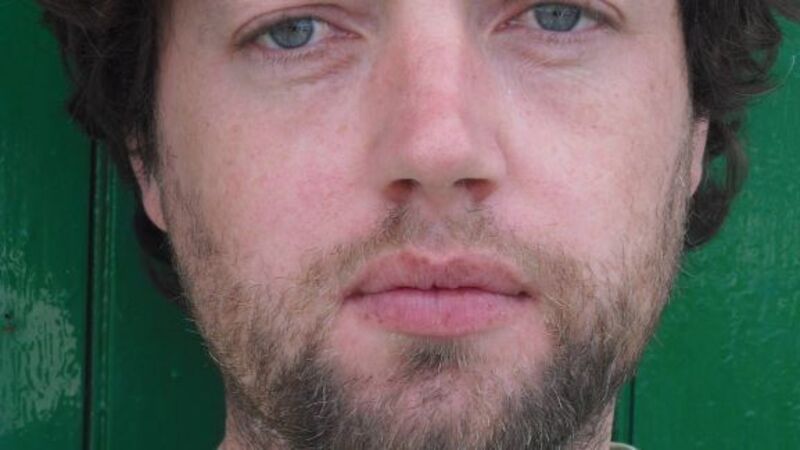Island playwright edges closer to the Fringe

FOR a short period, Martin Sharry lived in a house with his uncle and grandfather on Inis Oírr, one of the Aran Islands. The three generations shared the same name, inspiring his one-man show, I Am Martin Sharry, an enthralling examination of family, depression and island life, which opens next week as part of the Absolut Fringe festival in Dublin.
Sharry, born in 1979, was six years of age. His uncle only emerged from his bedroom to eat or to use the toilet. He had the same meal each day at midday — Spam, processed cheese, bread and tea. His hair was plastered back with shoe polish. He was wall-eyed — one eye towards the flames of their fire, the other towards a window. He’d sit, chain-smoking, blowing rings into the corner of the ceiling.











